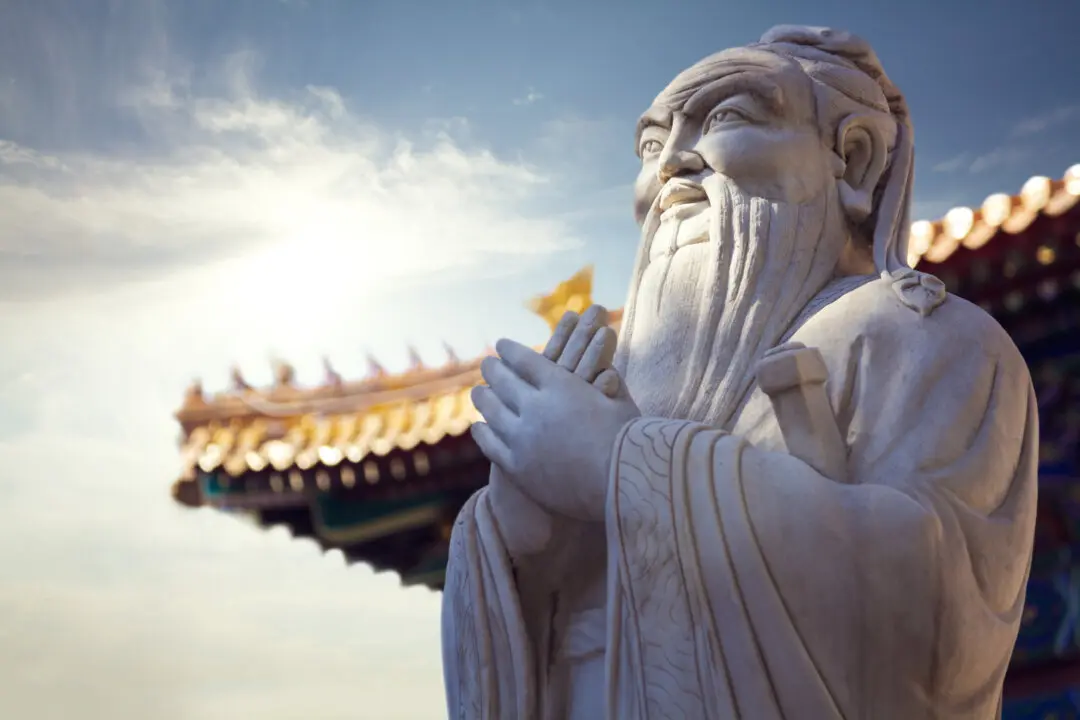For the past three years, the Chinese Communist Party (CCP) has been implementing harsh zero-COVID measures, which have created humanitarian disasters across the country and severely damaged the national economy.
Starting in November this year, the CCP suddenly abandoned its tough stance on COVID-19, halted mandatory mass PCR testing, and allowed people with mild symptoms to quarantine at home instead of dragging them to central makeshift isolation facilities.





